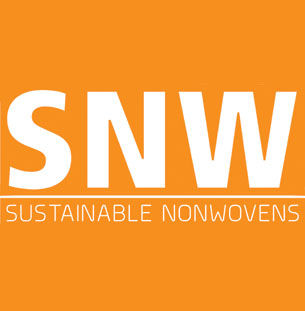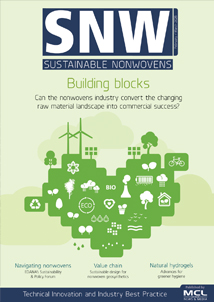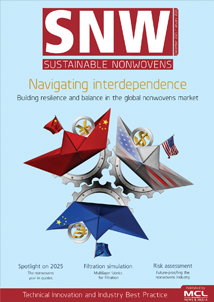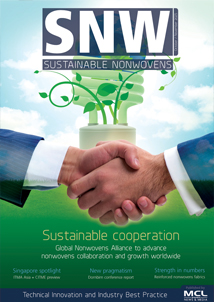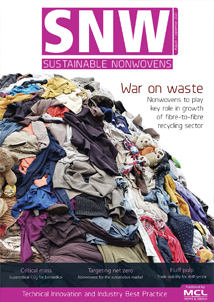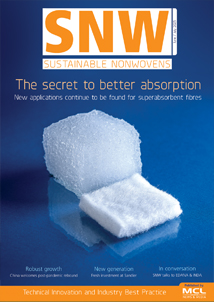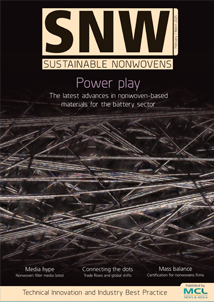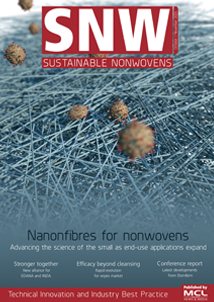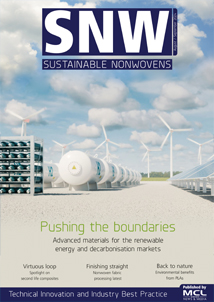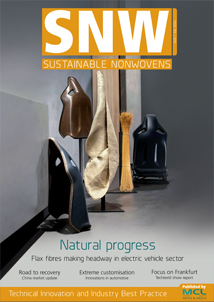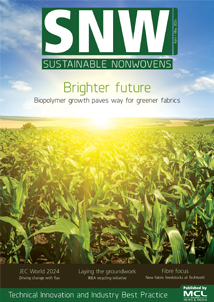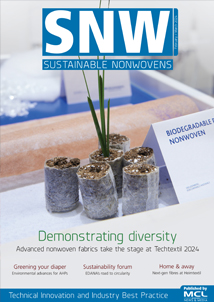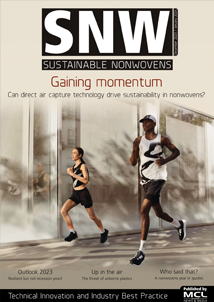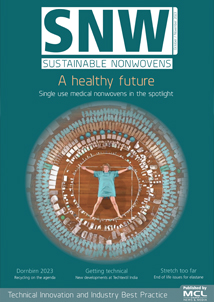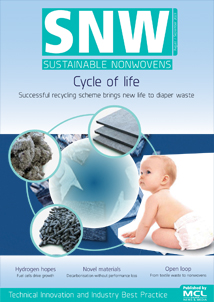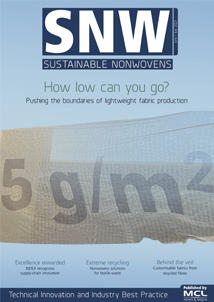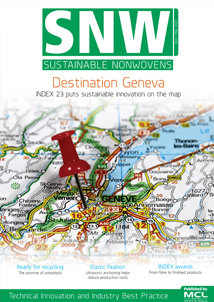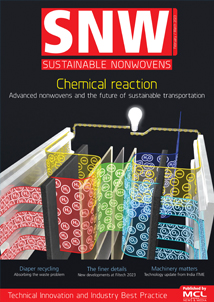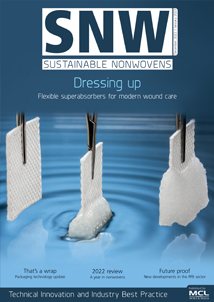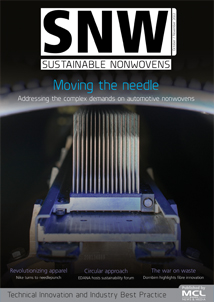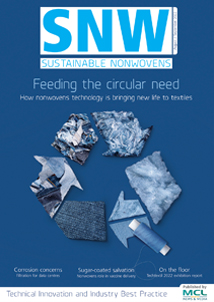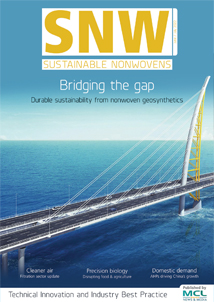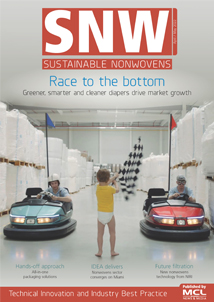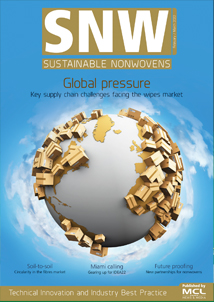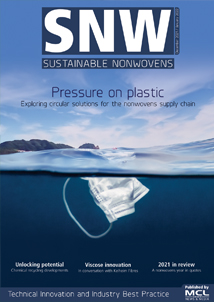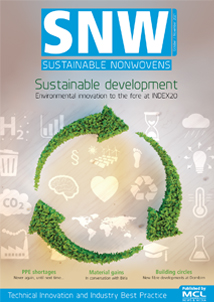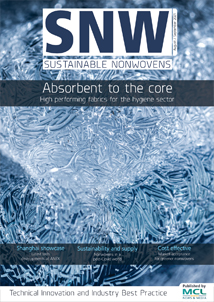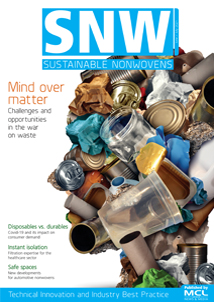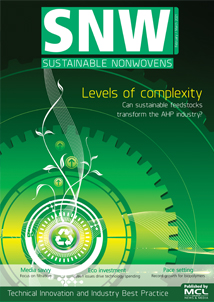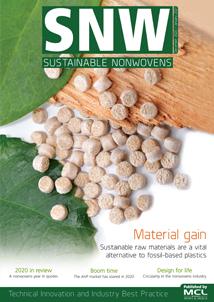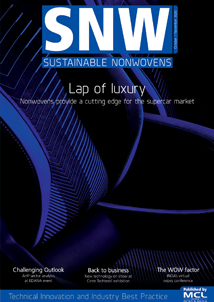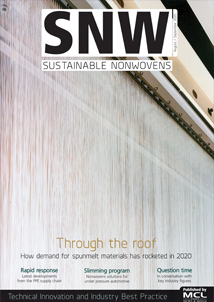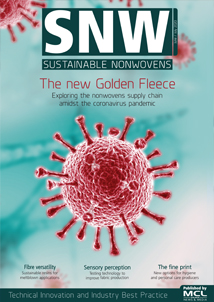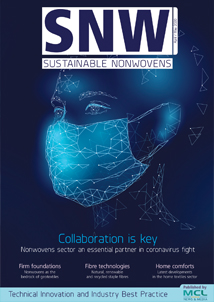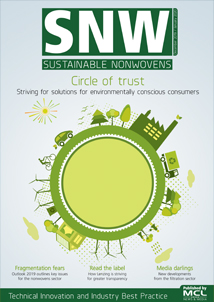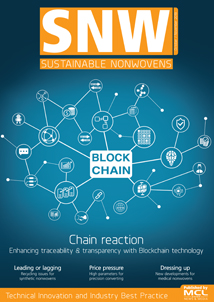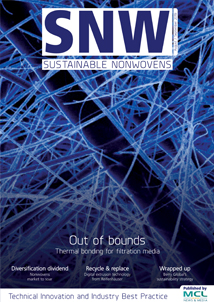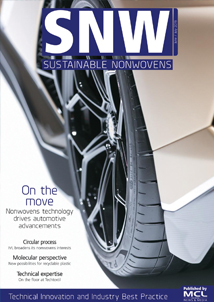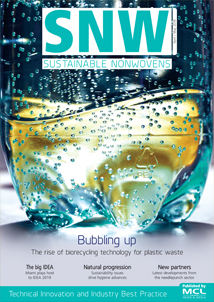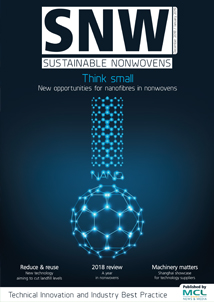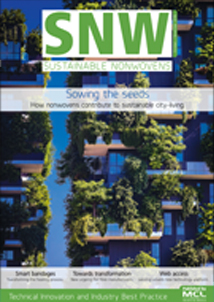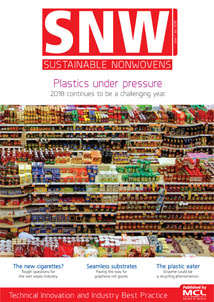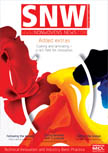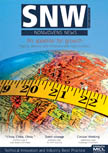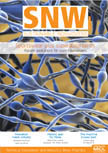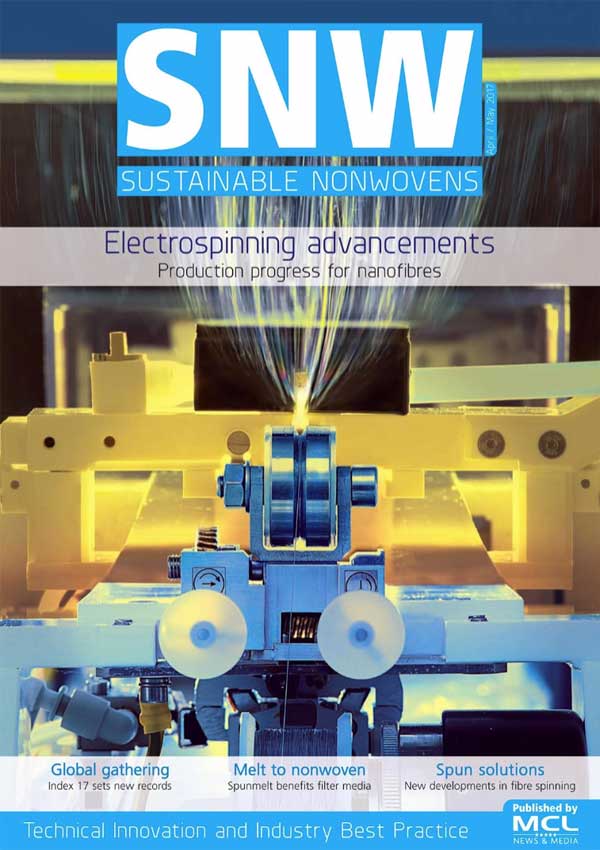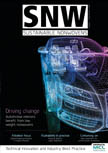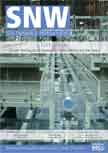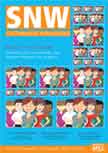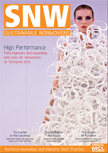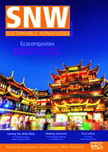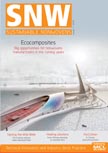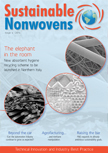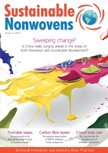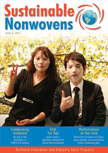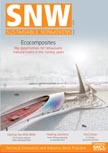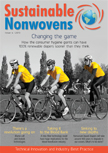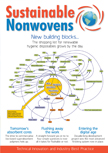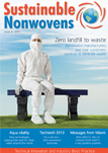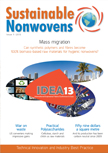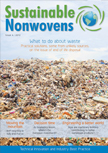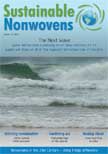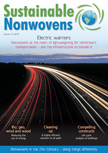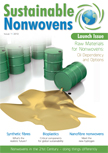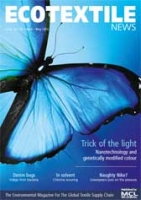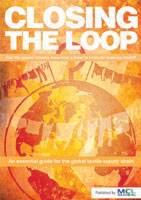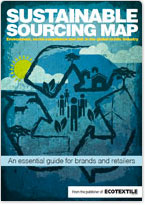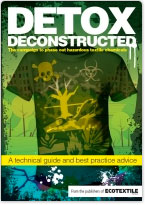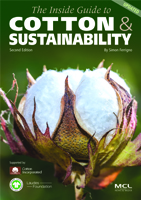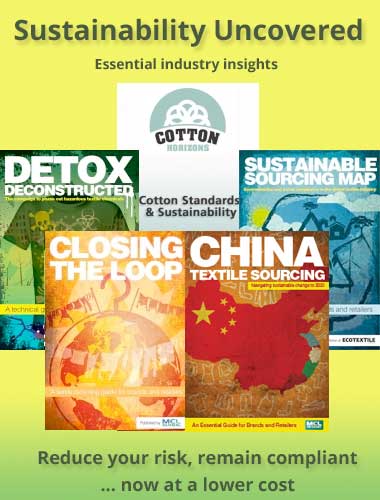BRUSSELS - The European Commission has confirmed that viscose and lyocell based fibre products have been determined to not be chemically-modified and therefore will not be included in the coming European Union Single-Use Plastics Directive. However, in a blow to the biopolymers sector, the latest guidance has ratified that biodegradable/bio-based plastics are considered to be plastic under the SUP Directive.
In determining it's guidelines, the Commission took the view that a polymer will only be natural if its polymerization process actually takes place in nature (i.e., it may not be the result of an industrial process even if it involves living organisms). According to the Guidance, this means that cellulose extracted from wood are natural polymers, while polymers resulting from biosynthesis via artificial industrial fermentation are not.
A statement from the Commission also notes that there are no widely agreed technical standards available to certify that a specific plastic product is properly biodegradable in the marine environment in a short timeframe and without causing harm to the environment.
However, as a fast developing area, the review of the Directive in 2027 will include an assessment of the scientific and technical progress concerning criteria or a standard for biodegradability in the marine environment applicable to single-use plastic products.
In the context of the new Circular Economy Action Plan, the Commission says it plans to develop a policy framework on the use of biodegradable or compostable plastics in 2022, based on an assessment of the applications where such use can be beneficial to the environment, and of the criteria for such applications.
The decision has provoked a strong reaction with Italy's Ecological Transition Minister Roberto Cingolani calling it an 'absurd' decision.
"It is an absurd directive, for which only recycled plastic is okay”, he told euractiv.com. “Europe has given a very strange definition of plastic, [including] only recyclable plastic. All the others, even if they are biodegradable or they are additive of something, they are not good. Our scientific community has a worldwide leadership on the development of biodegradable materials, but at the moment they are not usable by industry, because there is a new and absurd European directive.”
Directive
Under the terms of the directive, Member States have to ensure that certain single-use plastic products are no longer placed on the EU market by July 3, 2021.
The selected products are those for which affordable plastic-free alternatives exist on the market: cotton bud sticks, cutlery, plates, straws, stirrers, balloons sticks, as well as some products made of expanded polystyrene (cups and food and beverage containers) and all products made of oxo-degradable plastic.
For other plastic products, such as sanitary items and wet wipes, different measures apply. These include limiting their use, reducing their consumption and preventing littering through labeling requirements, extended producer responsibility schemes, awareness campaigns and product design requirements.
As far as cellulosic fibres are concerned, the Commission’s Guidelines take the view that whether or not a natural polymer is chemically modified during its production process depends on whether the chemical structure of the polymer resulting from the production process (i.e., outgoing polymer) is different from that of the ingoing polymer.
Following this reasoning, the Guidelines argue that regenerated cellulose, in the form of lyocell, viscose and cellulosic film, is not considered chemically modified because the outgoing polymer is not chemically modified in comparison to the ingoing polymer.
Welcoming the decision, cellulosic fibre specialist Lenzing said the guidance provided enhanced clarity for its Veocel branded fibres. “Pollution of the environment – especially marine pollution – is one of the biggest problems of our time. For this reason, we welcome the measures taken by the EU to reduce certain single-use plastic products and the transition to closed-loop models,” said Robert van de Kerkhof, member of the Managing Board of the Lenzing Group. “Lenzing has been investing in the development of sustainable and innovative solutions for the textile and nonwovens industry for many years and will also continue in the future to intensively work on achieving systemic change towards a circular economy."
Jürgen Eizinger, vice president Global Nonwovens Business at Lenzing added. "The issue of hygiene is becoming increasingly important and is especially the order of the day in the light of the prevailing epidemic conditions. We welcome these implementation guidelines which now provide enhanced clarity. Lenzing‘s Veocel fibers already offer a natural solution today for the problem of global plastic waste, and the company is continually expanding its capacities for wood-based specialty fibers as a means of promoting the development of sustainable wipes and hygiene products."
